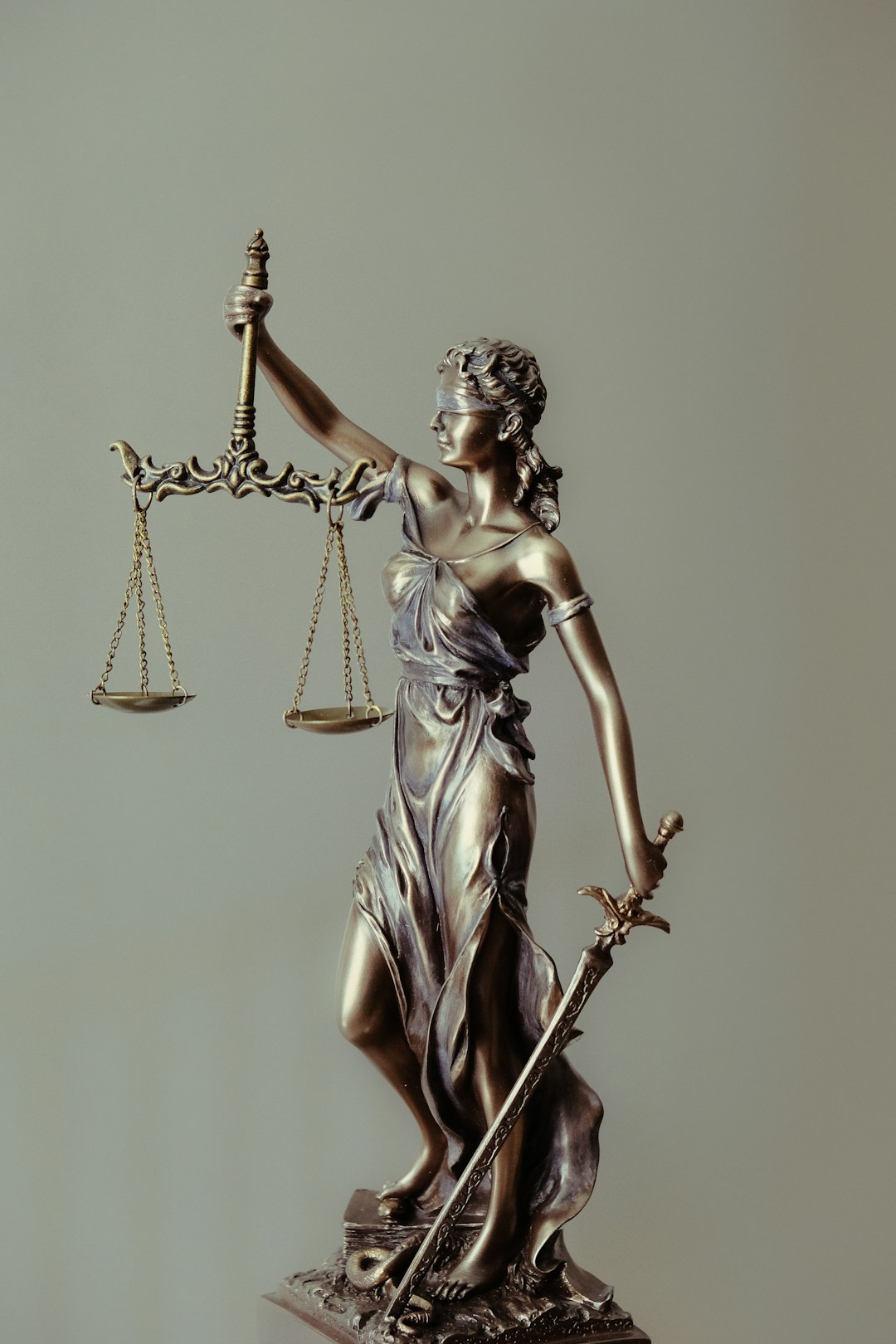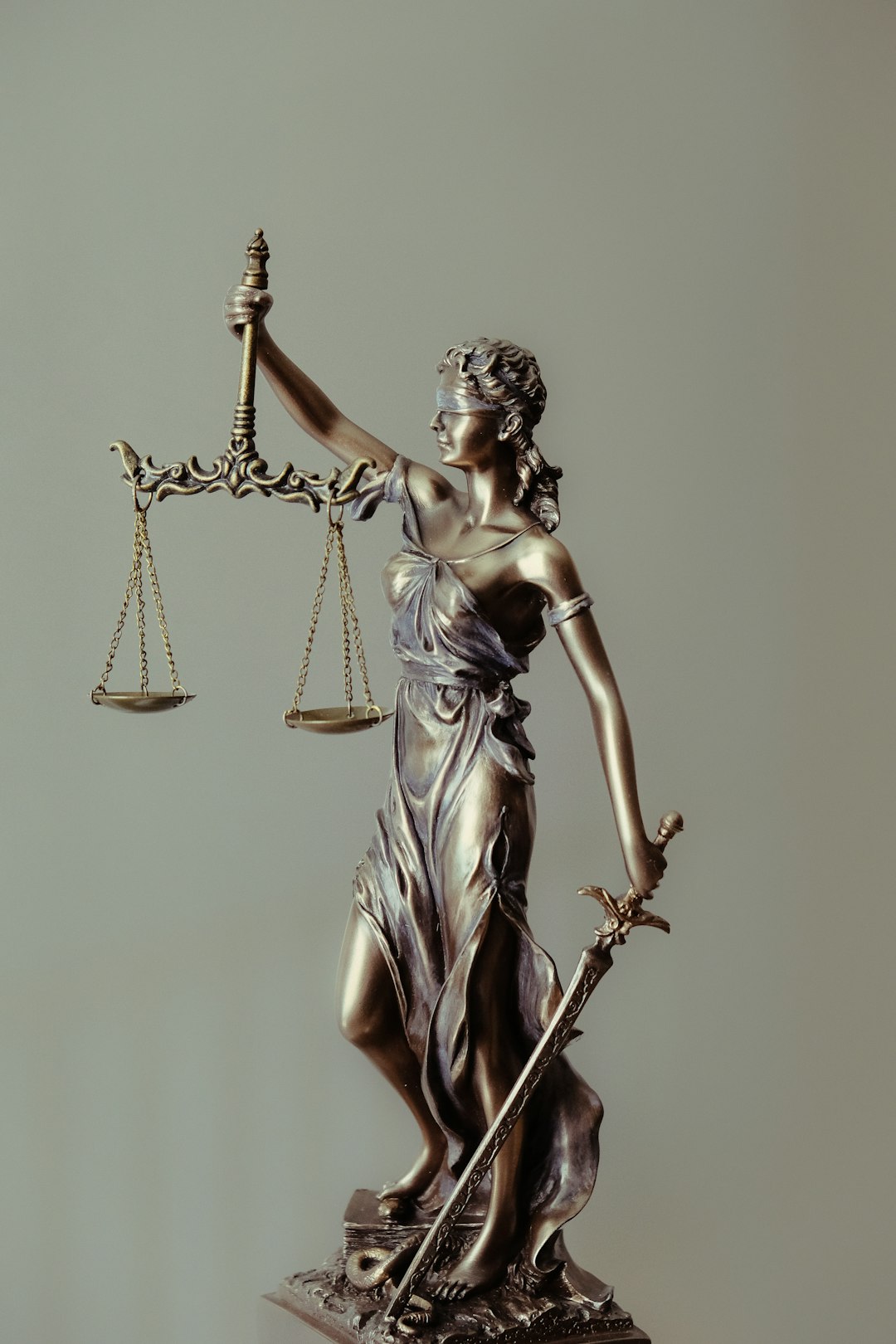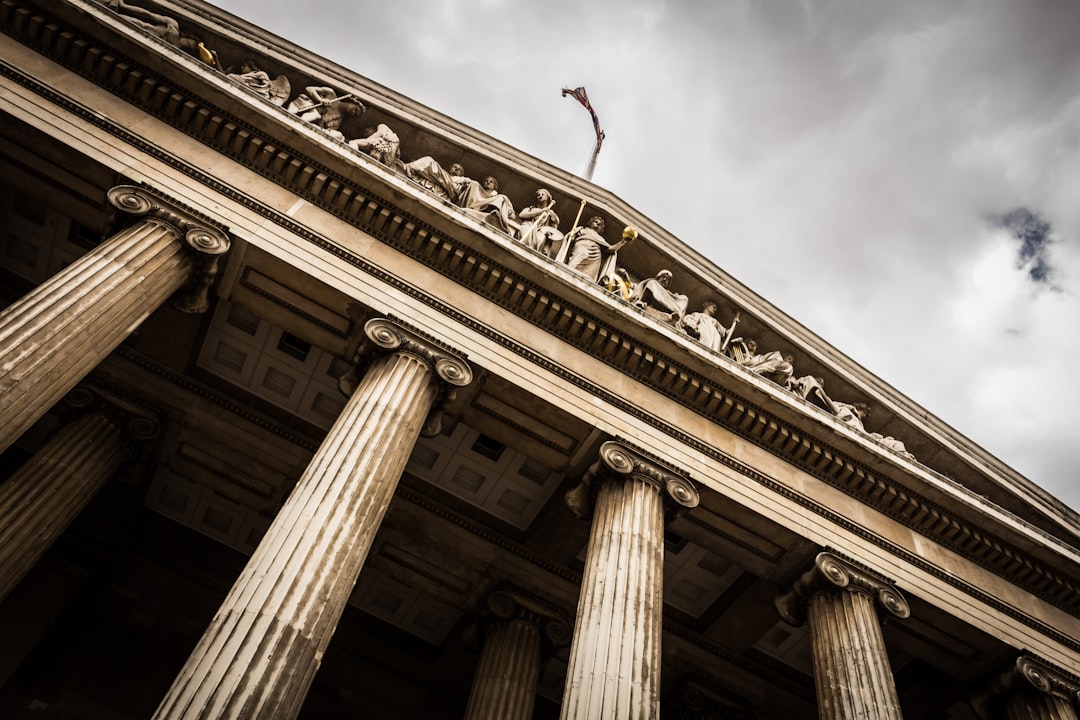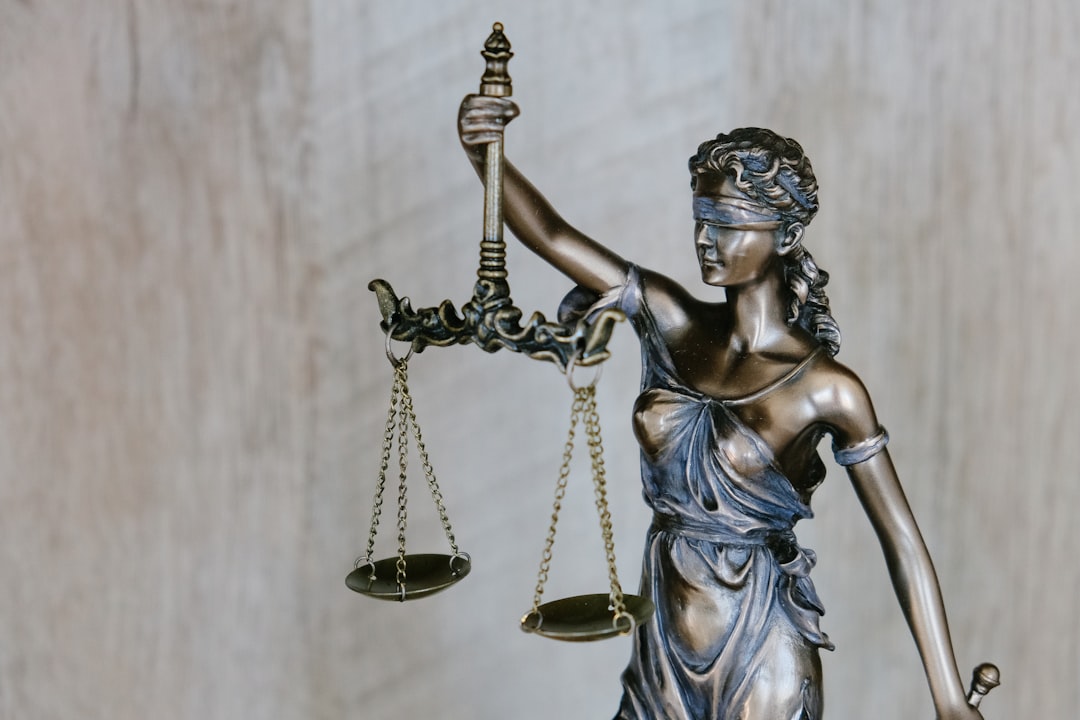DNA evidence is a critical but fallible tool in rape investigations, requiring meticulous examination by skilled rape lawyer New York. They navigate complex rules and strategies, scrutinizing collection, handling, and interpretation to ensure fairness. By challenging laboratory practices, chain of custody, and statistical analysis, these lawyers protect the rights of the accused, especially in Syracuse where DNA has been both a strength and weakness in rape cases. Expert testimony is key to navigating this intricate process, ensuring justice through accurate evidence presentation.
In Syracuse, as in many places, DNA evidence plays a pivotal role in rape trials. This article guides rape lawyers in New York on navigating complex challenges to DNA results. We delve into the understanding of DNA evidence in rape cases, explore the legal framework under which results can be disputed, and uncover effective strategies for examination and dispute. Expert testimony is also scrutinized, along with real-world case studies demonstrating successful challenges. Armed with this knowledge, rape lawyers can ensure a fair trial and protect their clients’ rights.
Understanding DNA Evidence in Rape Cases

DNA evidence has become a powerful tool in rape investigations, offering a potential lifeline for justice. However, understanding its intricacies is essential for anyone navigating Syracuse rape cases as a victim or a lawyer. A rape lawyer New York knows that this biological material can provide definitive results, linking a suspect to the crime scene. It’s a robust method used to establish guilt or innocence, making it crucial in legal proceedings.
In these cases, experts collect and analyze DNA samples from various sources—blood, hair, saliva—to create a unique genetic profile. This profile is then compared to evidence collected at the crime scene or from suspects to build a compelling case. However, challenges exist, as human error or contamination can affect results. A skilled rape lawyer New York will scrutinize the collection and handling of DNA evidence, ensuring its integrity and reliability, which are paramount in these sensitive legal matters.
Legal Framework for Challenging DNA Results in New York

In New York, challenging DNA evidence in rape cases is governed by a robust legal framework designed to ensure fairness and accuracy. A rape lawyer in New York must be well-versed in the rules set forth by the state’s courts, which allow for scrutiny of DNA testing methods, chain of custody, and potential contamination or human error in collection and analysis. The Legal Aid Society, along with other legal aid organizations, plays a crucial role in providing representation to those facing such charges.
Key aspects include examining the reliability of the laboratory that conducted the tests, questioning the integrity of the evidence handling process, and presenting alternative explanations for any discrepancies found in the DNA results. A rape lawyer will also leverage expert testimony from forensic scientists or DNA specialists who can opine on the strengths and weaknesses of the methodology used, helping to build a compelling case for challenging the admissibility of DNA evidence in court.
Strategies to Examine and Dispute DNA Evidence

Challenging DNA evidence in Syracuse rape cases requires a meticulous approach, often involving complex scientific examination and legal strategies. A seasoned rape lawyer New York should possess expertise in interpreting DNA results and identifying potential sources of error or contamination. One key strategy is to scrutinize the collection and handling procedures of the DNA samples, as any deviation from established protocols could compromise the evidence’s integrity. This includes examining gloves used during collection, proper sealing of vials, and chain-of-custody documentation to ensure no tampering occurred.
Additionally, experts can analyze the statistical interpretation of DNA profiles, questioning the reliability of match probabilities provided by laboratories. By comparing these results with known databases and considering demographic factors, attorneys can challenge the accuracy and significance of the evidence. Such strategic examinations aim to protect the rights of the accused and ensure a fair trial, especially in cases where DNA is the primary or sole evidence linking an individual to a rape.
Expert Testimony and Its Role in Syracuse Rape Trials

In Syracuse rape cases, expert testimony plays a pivotal role in challenging or verifying DNA evidence. A skilled rape lawyer in New York understands that these experts can provide critical insights into the reliability and interpretation of genetic data. They may examine laboratory procedures, point out potential sources of contamination, or question the statistical analysis used to draw conclusions. This expertise is crucial for constructing a robust defense strategy when dealing with DNA evidence.
Furthermore, these legal professionals ensure that jurors comprehend complex scientific concepts by translating technical jargon into understandable language. Expert witnesses can explain how DNA profiles are created, matched, and compared, helping judges and juries make informed decisions. This aspect of the trial process is essential for ensuring justice in rape cases, where the accuracy of evidence is paramount to reaching fair outcomes.
Case Studies: Successful Challenges to DNA Evidence

In numerous rape cases in Syracuse, DNA evidence has been a critical component of prosecution strategies. However, experienced rape lawyers in New York have successfully challenged this evidence, demonstrating its fallibility. One notable case involved a defendant who was convicted based on DNA found at the scene. The defense team argued that the collection and storage procedures for the evidence were questionable, leading to potential contamination. They also questioned the reliability of the testing methods used, pointing out that newer technologies could yield different results. This strategic challenge resulted in a significant reduction in the sentence.
Another compelling example saw a rape lawyer successfully casting doubt on the credibility of the DNA match. By presenting expert testimony and alternative explanations for the genetic material found, they raised reasonable doubts in the jury’s minds. These case studies illustrate that while DNA evidence is potent, it is not infallible. Skilled legal professionals can scrutinize its collection, testing, and interpretation, ultimately protecting the rights of those accused of sexual assault.





